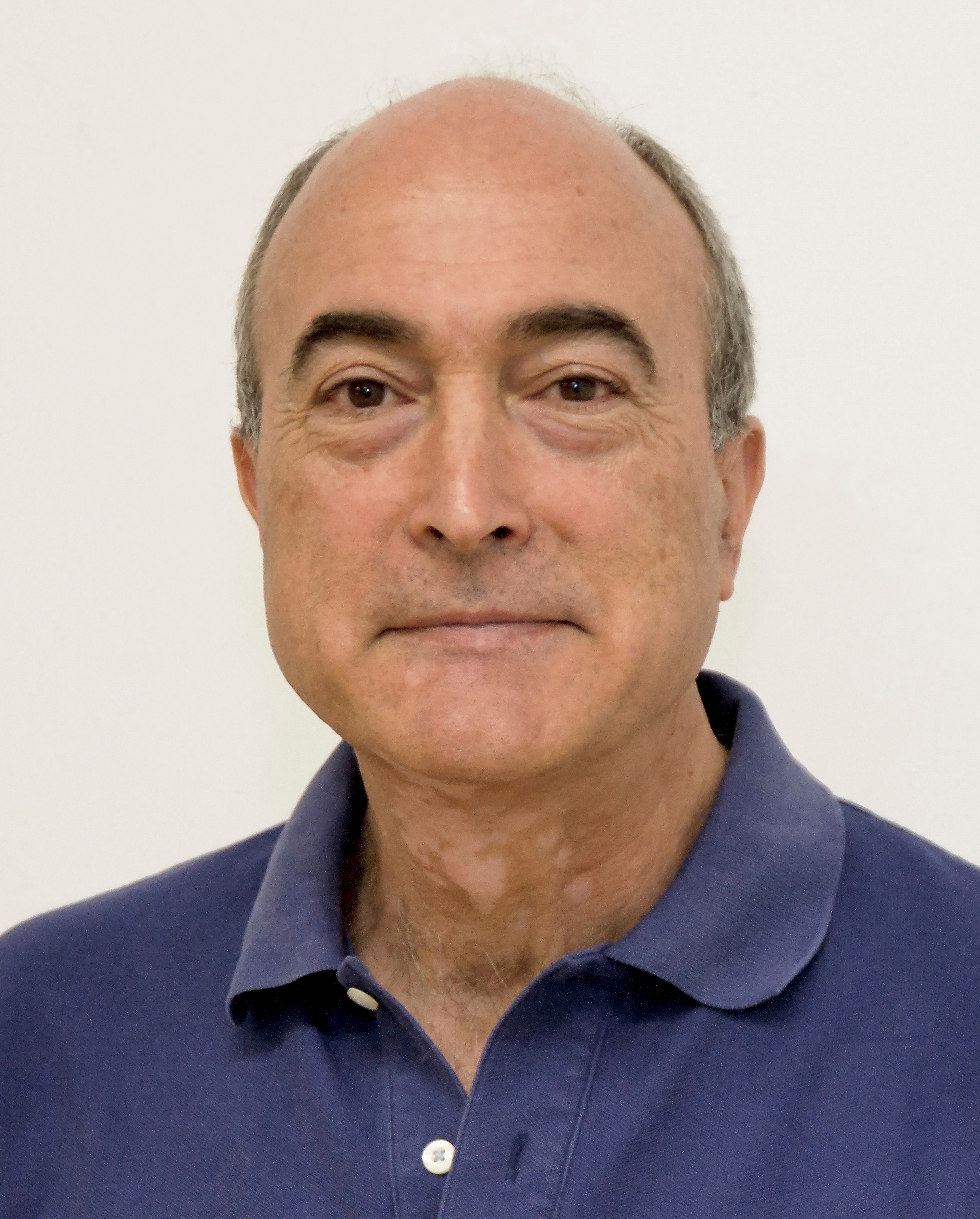

Nazario Martín is Full Professor of Organic Chemistry at the UCM and Deputy Director of the new IMDEA-Nanoscience Institute of the Community of Madrid. He has been visiting professor at the universities of California in Santa Barbara (UCSB) and Los Angeles (UCLA) and at the universities of Angers and Strasbourg (France). He is Doctor Honoris Causa by the Universities of Havana (Cuba, 2012) and Castilla-La Mancha (Spain, 2016). Prof. Martín's research covers different topics with special emphasis on the chemistry of carbon nanostructures such as fullerenes, carbon nanotubes, graphene and carbon quantum dots, molecular wires, and electroactive molecules in the context of electronic transfer processes, applications in photovoltaics, chirality and nanoscience. He has directed 45 Doctoral Theses and is co-editor of 6 books and 14 special issues in prestigious international journals. He has been General Editor of the journal Anales de Química (2000-2005), member of the editorial committee and international advisory of the journals: Journal of Materials Chemistry (2000-2006), Chemical Communications (2006-2011), ChemSusChem (2011-2015) and he has been Regional Editor for Europe of the journal Fullerenes, Nanotubes and Carbon Nanostructures. He has been until recently (2019) a member of the editorial board of the journals: The Journal of Organic Chemistry and Accounts of Chemical Research (ACS). Currently he belongs to the international advisory board of ChemPlusChem, Chemistry-An Asian Journal and ChemNanoMat (Wiley-VCH) and member of the advisory board of the journals Chemical Society Reviews and Chemical Communications (RSC). He is editor of the Scientific Reports journal of the Nature Publishing group. In 2015-2019 he has been Editor-in-Chief of the Journal of Materials Chemistry (A, B and C) of the Royal Society of Chemistry.
The research interests at the Prof. Martín’s group span a range of targets with emphasis on the molecular and supramolecular chemistry of carbon nanostructures such as fullerenes, carbon nanotubes and graphene, p-conjugated systems as molecular wires and electroactive molecules, in the context of electron transfer processes, photovoltaic applications and nanoscience. In particular, the group is currently engaged in: